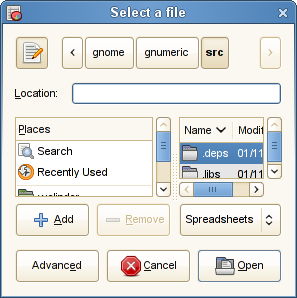Security at this year’s Olympic Games in Beijing was impressive, at least to my five-year old son, _L_: one of the first things he built with his limited supply of Lego was a security checkpoint. I am less impressed.
It started in the airport. They wanted to scan all carry-on luggage upon arrival. I have no idea what they were looking for, but the scanning took place after people collected their checked luggage and had had a long time to move things back and forth thus making the scan effectively optional and thus pointless.
All subway entrances and all sporting venues had checks too, so authorities must have hired and trained thousands of new security people. All these people have no real experience and are constrained by having to maintain the flow of people uninterrupted. Just like when TSA was created, that makes for lousy security.
For example, when entering the venue for the US-China basketball game — where the US President was expected to attend — I arrive with my bag and camera. The bag goes into a scanner and gets hand-checked afterwards. Apart from a lot of fuss over an epipen, nothing happens. My camera comes with me through the metal detector which, of course, beeps. I get hand scanned. In other words, I just walked through with three pounds of unscanned equipment that looks like a camera! (It happens to be a camera, but how could they know?) That same equipment I later pointed at George and got a few pictures of him looking rather silly. Using the same tickets I could have walked through several times, so the size of a camera is not a limitation.
At another venue I accidentally brought a bottle of water with me. As you may know, water is a substance that is dangerous at sporting events, but not in subways. When found at a security checkpoint for a sporting venue it will be confiscated, but as a side effect, the security officer who found it will be so happy with himself that nothing else you carry will be checked. That is humanly understandable and shows that checking for liquids in the first place probably lowers the level of security. There are simply too many false positives, i.e., cases where harmless liquids are detected. Think of that the next time you wait in line at the airport.
Also, I have noticed — both in Beijing and in airports around the world — that when I put my camera equipment into my backpack, the backpack gets hand searched. I am fairly certain that it is because the operator of the scanner just sees a pile of stuff that he cannot identify, so a hand check is in order. The backpack I use is nothing special, but happens to have a lot of compartments. Generally, when the backpack is searched they miss half the compartments unless I feel like telling them.
This is all from passive observation while minding my own business. I am not trying to probe, let alone evade, security anywhere.
Conclusion: since stuff is not blowing up left and right, either the bad guys (a) are not trying; (b) are not thinking like I do; or (c) get caught or scared off by less visible parts of the security apparatus.

